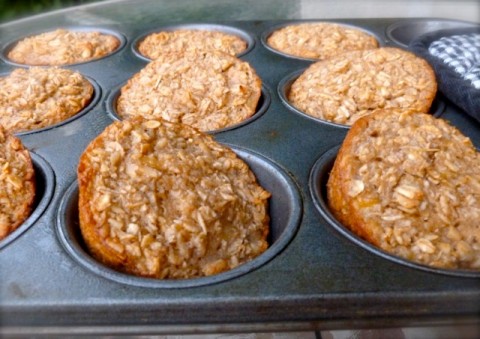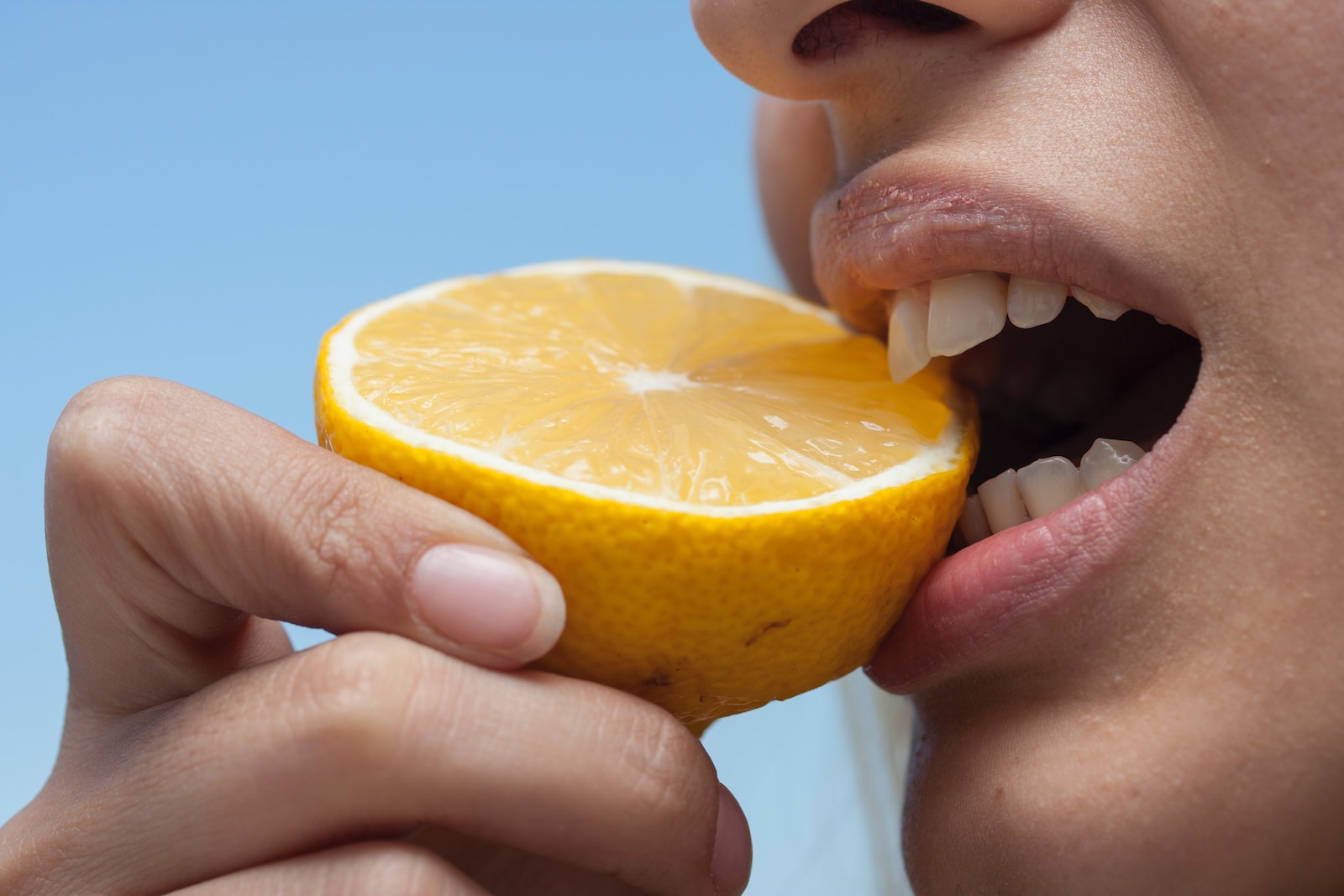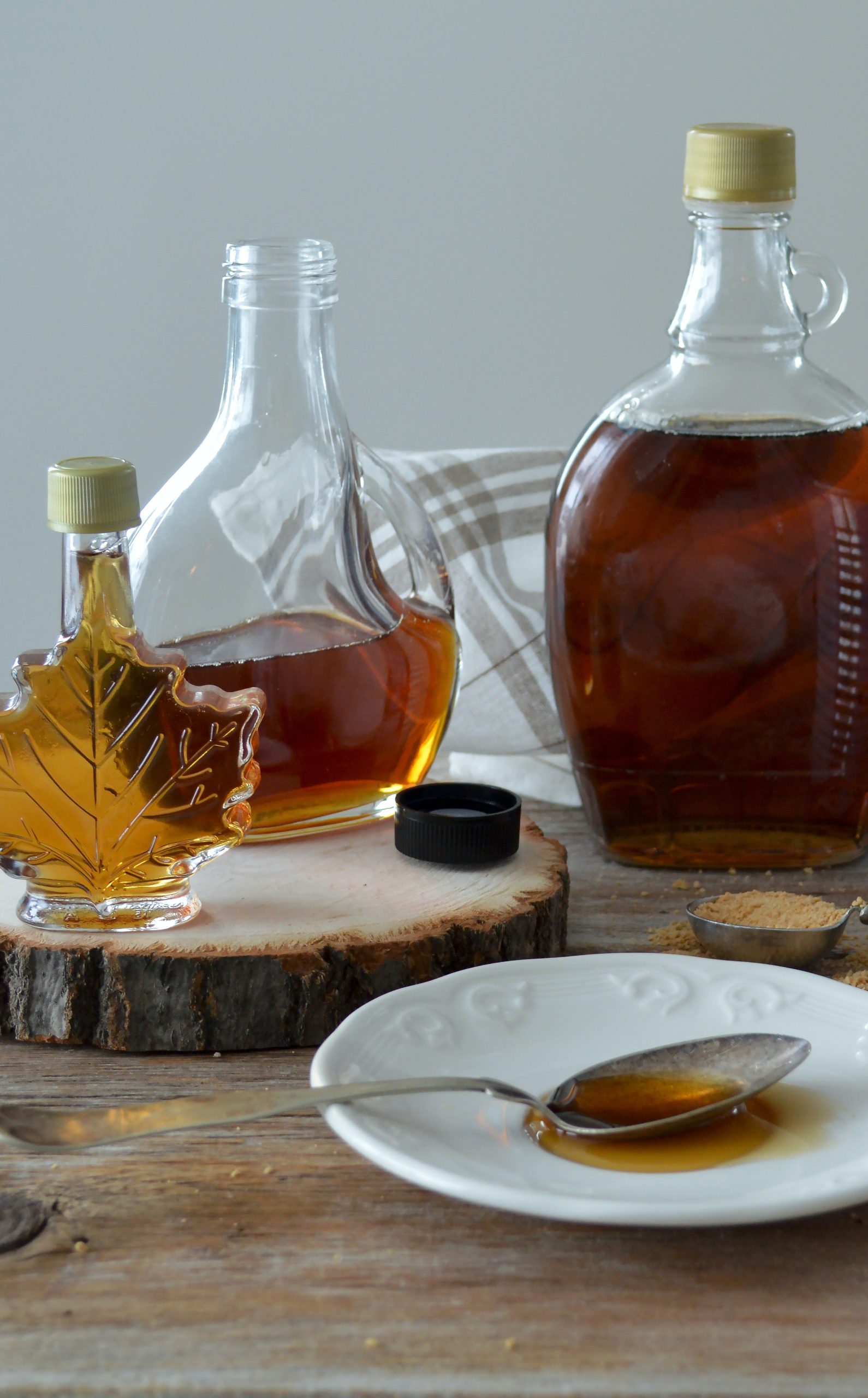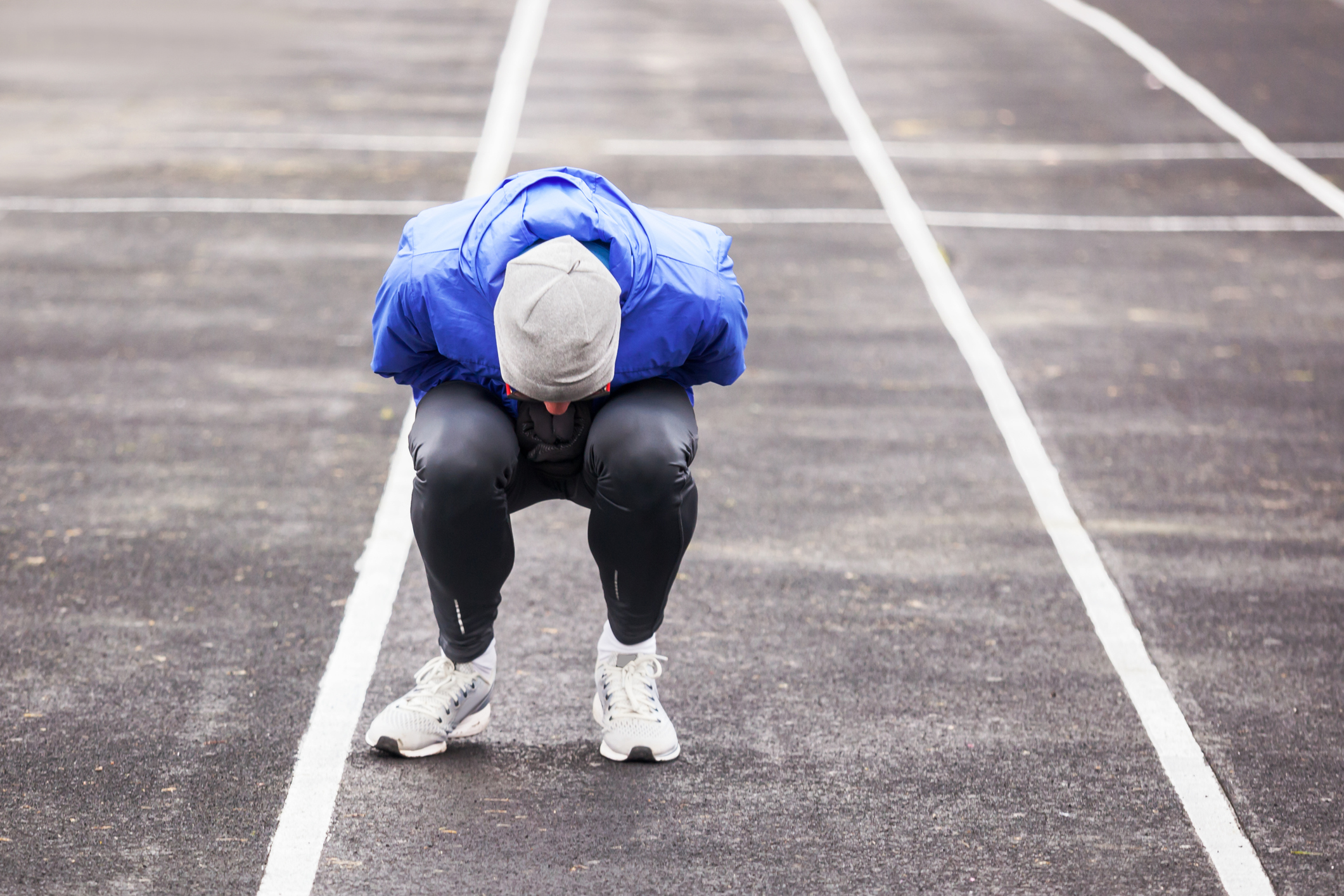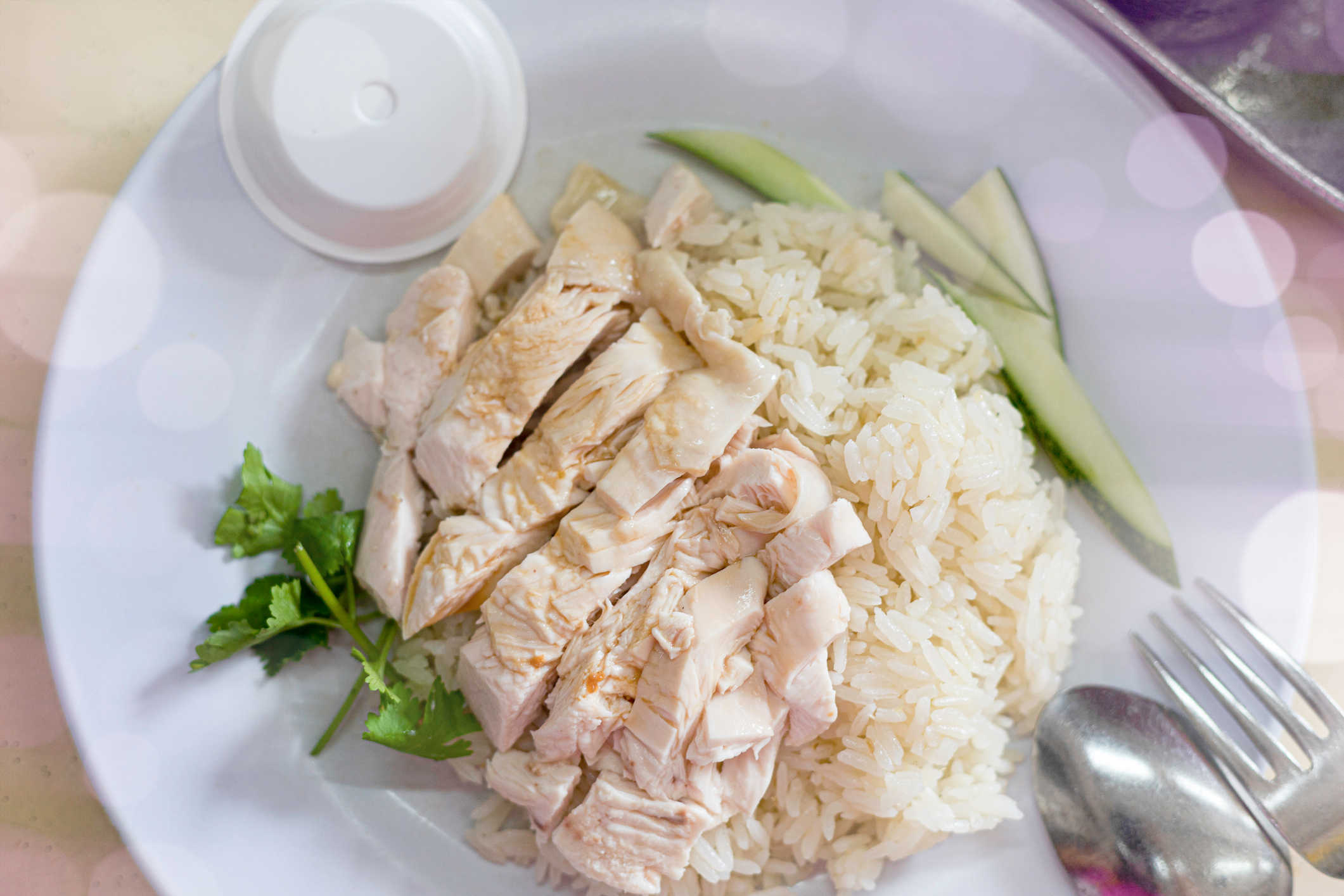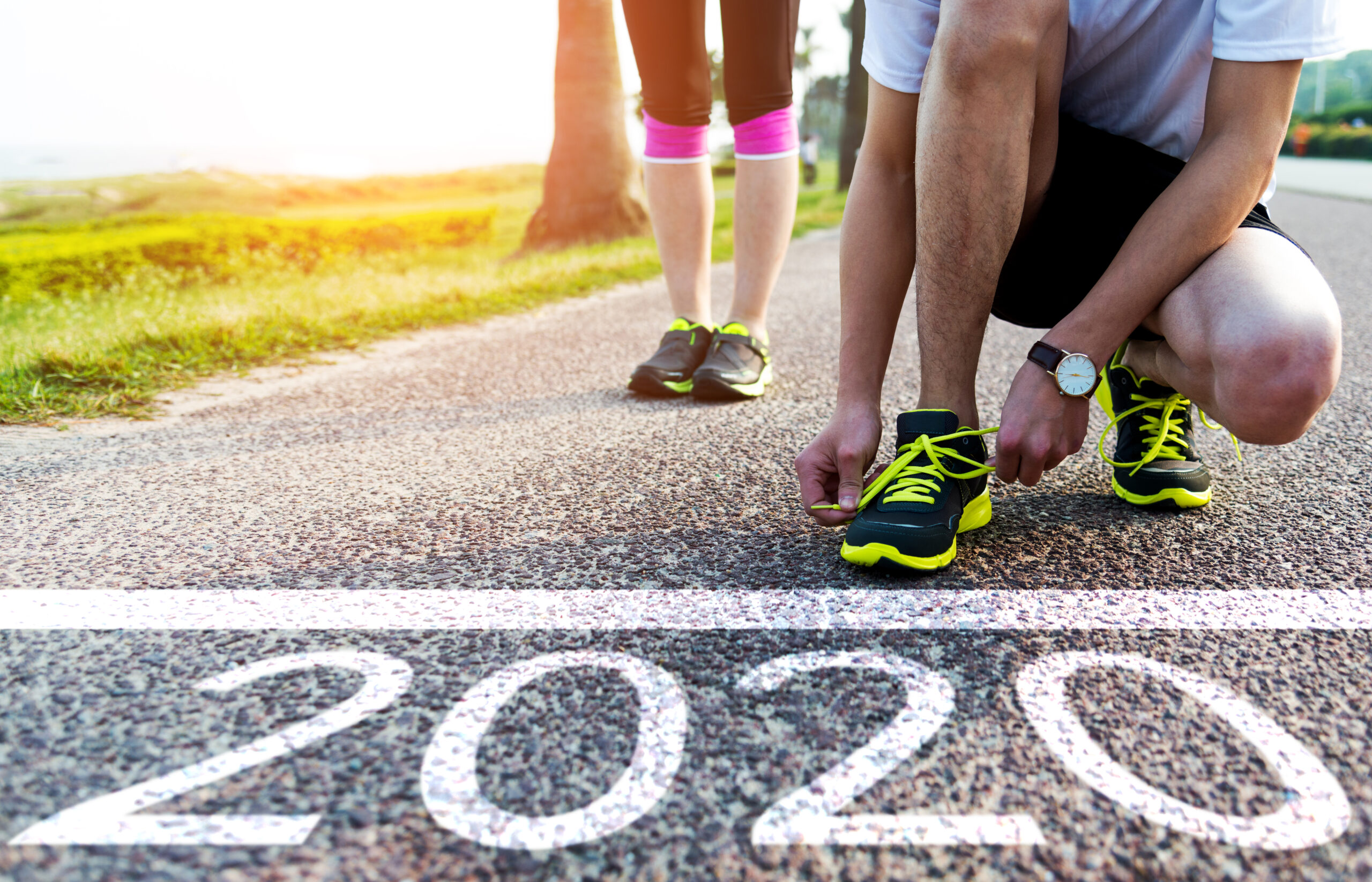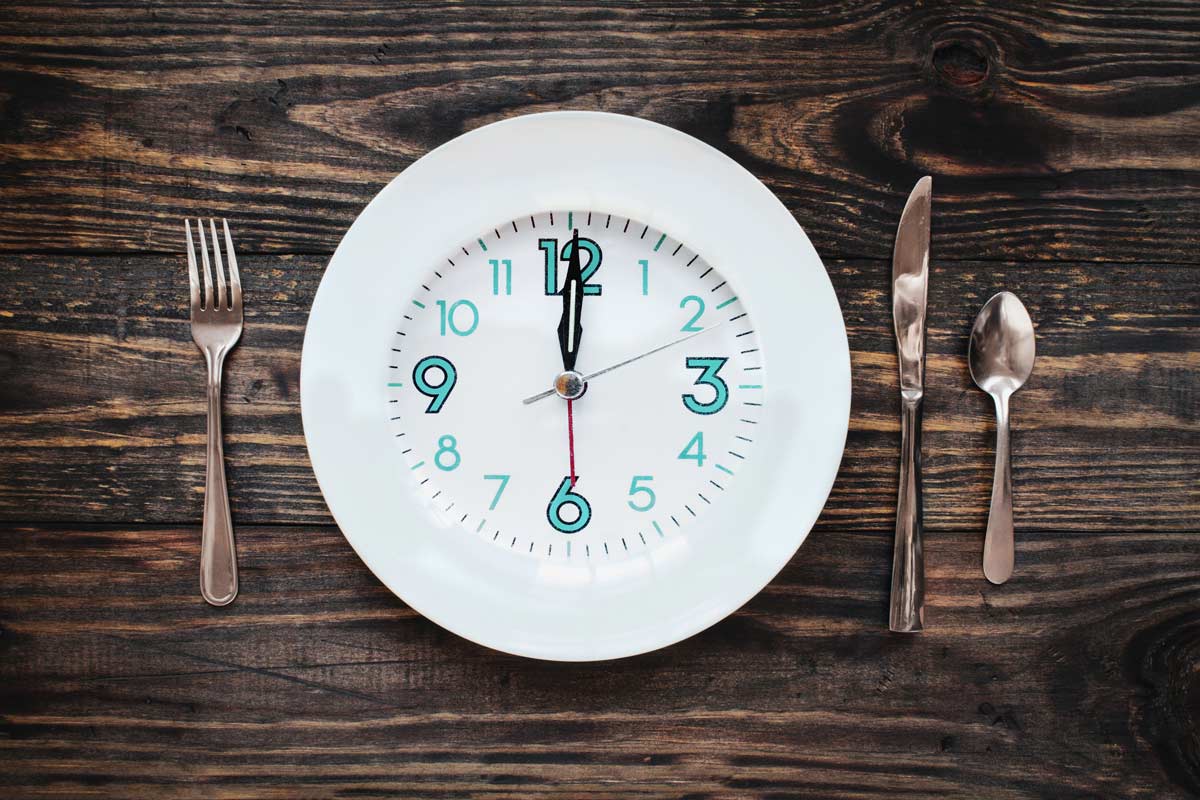Power Up Your Performance with Taper-Week Nutrition
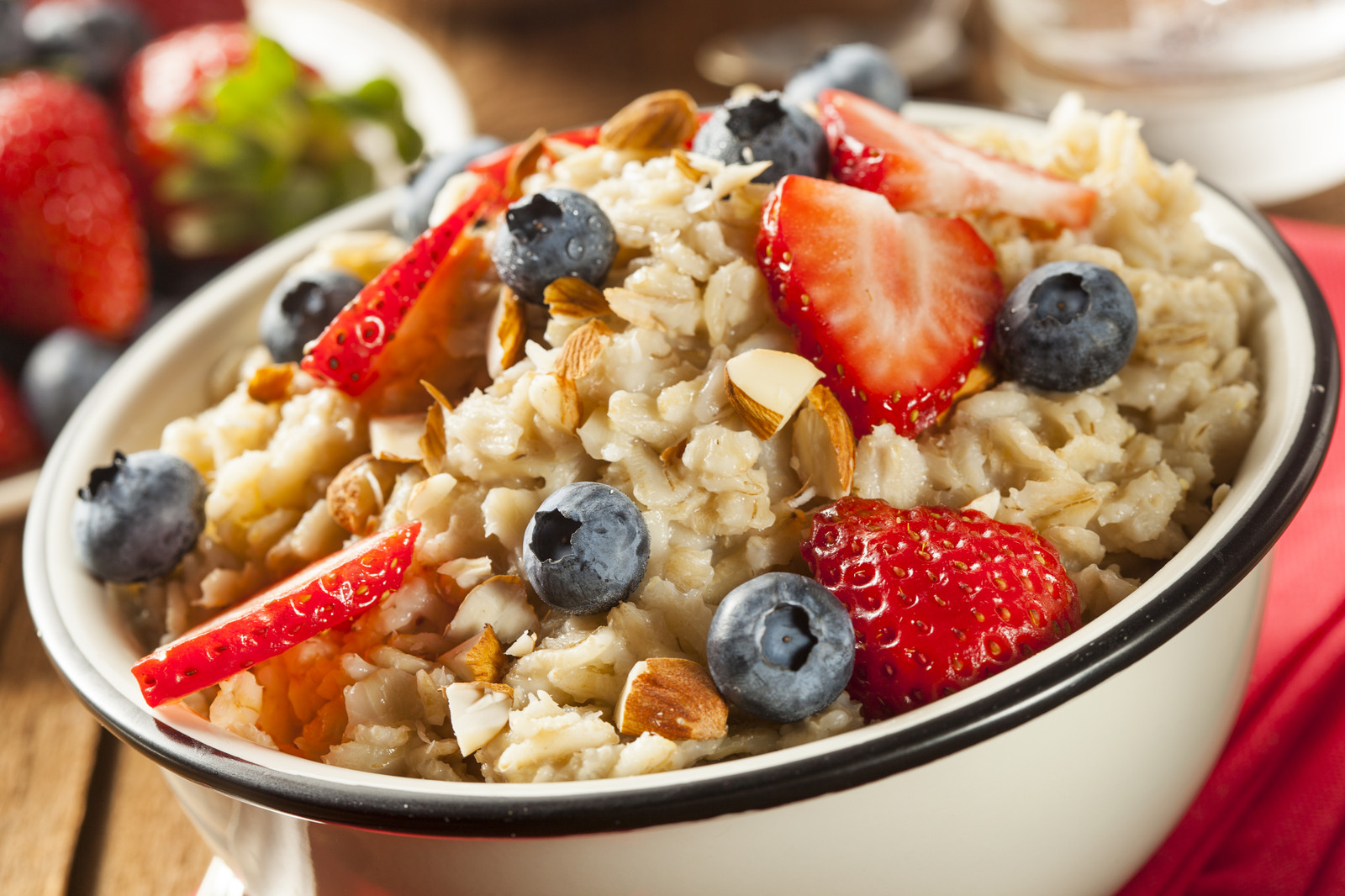
You’ve probably heard the adage “the hay is in the barn” and wondered what the heck hay has to do with being race ready? In a nutshell, it means the hard work of training is done. In the week before your event, plan to log a few short tune-up workouts, prioritize rest and mentally prepare to toe the line. But as tempting as it might be, your taper is not the time to relax on the nutritional front. Here are some key nutritional tips to Power Up Your Performance with Taper-Week Nutrition.
Sprint Races or Short Competitions (>90 minutes):
For a race lasting 90 minutes or less, there’s no real reason to increase carbohydrates or super-load the muscles with glycogen leading into race day. Simply follow your normal diet, reduce fiber and alcohol and avoid introducing new foods into your diet the day before the race.
Don’t forget to include hydration and sports nutrition in your race plan.
Olympic-Distance Triathlons (2.5-3.5+ hours):
Top off fluid and glycogen stores by eating an additional serving of carbohydrates, composed of familiar foods, at meals. Don’t forget to hydrate by including a healthy beverage each time you sit down to eat.
An ideal race-day fuel plan consists of 30-60 grams carbohydrates per hour for the bike and 20-40g carbs/hr for the run, preferably in the form of a sports nutrition drink that includes sodium (especially in hot, humid climates).
Long and Ultra-Distance (5-17 hours):
When tapering for an endurance race, your main nutritional goal is to eat in a way that prepares you physically and mentally for the challenge that lies ahead.
Beginning seven days out from an event, decrease your alcohol intake and avoid overly processed foods, and diuretics. Two to three days out from race day reduce high-fiber foods and eliminate spicy and unfamiliar foods to reduce GI distress, diarrhea and bloating.
Stay hydrated, but don’t go overboard, as this will lead to hyponatremia (low blood sodium). Foods with high water content such as apples, watermelon, citrus fruits, cucumbers and tomatoes are great choices, along with sports nutrition drinks. If you plan to use caffeine during the race, reduce caffeine intake by one-third beginning three days out from race day.
Acute sodium loading is most effective, and has the fewest negative side effects, 12-15 hours prior to a race. Increase sodium intake at meals and snacks or use sodium supplements beginning in the late afternoon the day before an a.m. race.
Other Helpful Hints:
- Prioritize sleep and aim for an additional 1-2 hours/night if possible. Take naps if possible.
- Using nonsteroidal anti-inflammatory drugs (NSAIDS) such as ibuprofen can lead to hyponatremia and kidney problems when combined with dehydration. If you choose to take NSAIDS, pay special attention to your fluid intake before, during and after the event.
The Last Supper
During your taper week, as training output decreases and your calorie intake remains the same, your glycogen stores naturally being to fill. Because of this, there’s no reason to eat an extra-large plate (or two) of pasta at the pre-race pasta feed. This will only leave you feeling lethargic and bloated race morning.
The day before a race is not the time to be adventurous. Stick with familiar foods you’ve already test-driven during training, eat reasonable portions of complex carbohydrates, with a protein-rich source and moderate amount of healthy fat, as these foods have staying power, stabilize blood sugars and will help you sleep. Be sure to avoid overeating or stuffing yourself.
If a glass of wine or beer is part of your regular routine and helps calm your nerves, enjoy one, but save the celebration for after the race!
If your last meal is mid-afternoon the day before the race, having an early evening snack is a great idea. Try a bowl of low-fiber cereal, peanut butter crackers or a peanut butter and jelly sandwich, Greek yogurt, or an energy bar, and wash it down with water or a non-caffeinated beverage.
Race-Day Breakfast
Regardless of the duration of your event, skipping breakfast is not a wise move. Although you could get away with skipping a pre-race meal for shorter events, it’s not a great idea. Research shows that eating prior to a race improves performance. Here’s why: During the night, liver glycogen is responsible for maintaining blood sugars and fueling the body’s important work while you sleep. By morning, your liver glycogen has dropped. It’s critical to restock, as it prevents blood glucose from dropping before the start or early in the race.
Have breakfast 2.5-3 hours prior to the race to allow plenty of time for digestion. If pre-race jitters tend to get the best of you, take your breakfast in liquid form, as this clears the stomach faster than solids and provides hydration. (Think smoothies!)
Breakfast should consist of mainly carbohydrates, as they’re digested more rapidly, and a small amount of protein with a limited amount of fat. (This takes the longest to digest and can cause GI issues and bloating.)
Test-drive these options during training:
*Quantity of carbohydrates depends on body weight.
3 hours prior: 150-200g carbohydrates and 12-20 ounces of fluid
- 5 oz. bagel, 2 Tbsp. jam, 2 Tbsp. peanut butter, 1 large banana, 4 oz. juice, water – 150g carbohydrates
- 1 cup cooked oatmeal, 1/4 cup raisins, 2 Tbsp. honey, 5.3 oz Greek yogurt, 8 oz. juice, water – 159g carbohydrates
- 20 oz. sports drink (40-60g/bottle), 2 pieces of toast, 2 Tbsp. jam, 1 cup applesauce – 160-180g carbohydrates
90 minutes prior – 30-60g carbohydrates and 12 ounces of fluid
- 12 oz. sports drink and 1 sports gel
Within one hour of race start – 25-40g carbohydrates
- 8-12 oz. fluid
- 1 gel
- 100 calories of sports supplement fuel
The key to pre-race fueling is to practice during training to figure out what works for you. Remember: Nothing new on race day!
Good luck and have fun!


